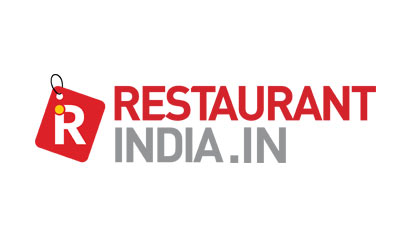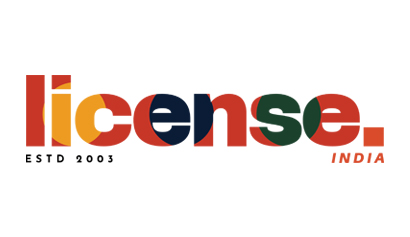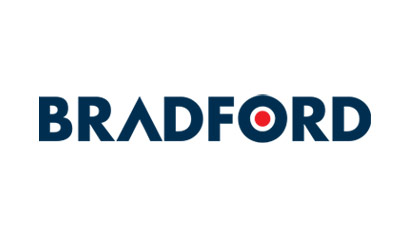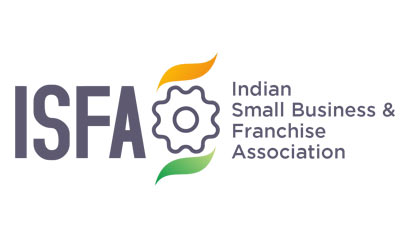To get access to over 10000+ Franchise Business Opportunities.
Network with the growing Business Community to get expert interventions to let you learn to Grow & Expand your Business with Franchising.
One destination: India. Entry routes many: master franchising, joint venture, area developer, licensing, etc. Which one to choose and why? We'll help you out.
A preferred investment destination, India is on the top list of international brands, looking to enter and expand into foreign countries. For this, foreign brands are scouting for best routes that can facilitate easy entry and ensure profitability and visibility in the Indian market. Choosing the right entry route is a key challenge that a brand faces while making way into India.
Viable business routes
As making a direct entry in India is not possible, hence, other business routes are preferred by global marketers to tap the market in the best possible way. Seeping into any market is no big deal, what matters is selecting the best route and partners to leverage synergies in a shortest possible span of time to target consumers. In the past decade, many global brands came to India and flew back, given the challenging market structure. After learning from mistakes they made, they observed the market preferences towards their trademark and henceforth, signed strategic deals.
For India entry, the foreign counterpart can infiltrate in the market by business routes such as master franchising, forming a joint venture, area developer or entering into a licensing deal, depending on the type of the industry/sector the brand belongs to. Abhay Gupta, Executive Director, Blues Clothing Company, says, “Each of the entry route has its own advantages and disadvantages. In market size as big as India, there cannot be any one route which can be confirmed as best and most viable. There are examples of well structured joint ventures failing, long associated licensee left in the lurch or similar associations through franchise route leaving both parties enraged after an initial trial period. In my opinion, the system needs to be structured and defined on the basis of the goals and objectives of each party. Government regulations do play a key role but eventual success of the project or brand is dependent on both players equally.”
Blues Clothing Company has made strategic ties-ups by way of franchise agreements with some, exclusive licence with others and supply partnership with others. A decent period of working evolves the best methodology and confidence building on both sides.
Agreeing with Abhay, Karnika Seth, Attorney at Law & Partner, Seth Associates, Advocates and Legal Consultants, observes, “In our opinion, suitability of an option to enter into the Indian market depends on the nature of the industry, the risk and responsibility it is willing to take on and the long-term objectives of a foreign company.” Seeming to be in favour of franchising, Pedro Ruiz, Founder of Portugal's women only fitness chain Vivafit, believes, “Since Vivafit is a 100 per cent customer service based business, the master franchise is the best entry route because it is the one that warranties us that our systems do not degenerate and simultaneously allows the Indian master franchisee to adapt to the Indian culture. A master franchise compared to a licence agreement also has the advantage of having total support and training from the franchisor.”
Exercise caution
Owing to the half-done research and unsuccessful partnerships, many foreign brands had to face challenges in tightening their grip on the market. After sensing the market potential for their brands, it is vital for foreign counterparts to understand on which grounds their agreement will spell out the benefit for both the parties.
Before foreign brands plan to seal strategic deals in India, they must do their homework well to avoid hassles at later stage. In-depth market research, knowing consumer preferences, understanding country's laws, scouting for knowledgeable partners, choosing the right business route, assessing the market for products and feasibility of real estate costs, checking product innovation and financial capability of Indian investor and devising strategic marketing schemes are must to convey brand's uniqueness to consumers. Whether brands are entering for long-term commitments or merely to explore the prospects for their brand in India, it's significant for them to analyse the market and conduct feasibility surveys. It's only after having shorter stints and getting wiser after committing some mistakes here that many foreign brands start turning to India with a far greater serious objective.


Business Opportunities
Browse By Investment Range
Browse By States
Popular Cities















